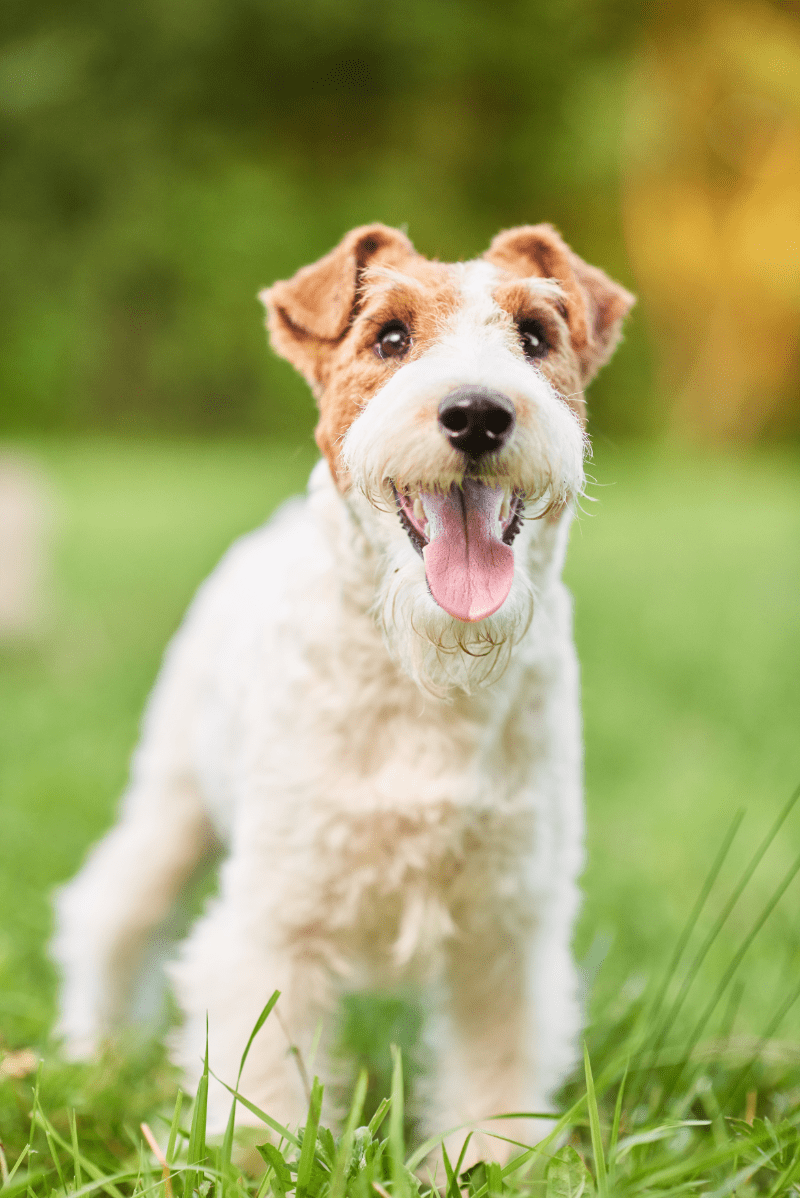About Project V.E.T.S.
Project V.E.T.S. is an organization dedicated to helping improve the health and welfare of animals around the globe. They achieve this goal by collecting veterinary equipment, technology and supplies (V.E.T.S.) from veterinary hospitals, veterinary colleges, zoological societies, human hospitals and medical equipment/supply manufacturers. These donated items are then distributed worldwide to veterinarians working in non-profit or non-governmental organizations devoted to animal health. In this way they not only help the animals of our planet, but they also conserve valuable resources that might otherwise end up in someone’s storage facility or a landfill.
Here at apexx, we realize the need to give back to our community and so that is why we’ve teamed up with Project V.E.T.S. to do what we can to help non-profit veterinary practices around the world. Our latest endeavor includes providing equipment to four deserving animal sanctuaries and wildlife centers that have been making a big impact on animals’ lives. These non-profit organizations are all based in the United States and are doing what they can to rescue and rehabilitate a variety of different animals.

Chimpanzee Sanctuary Northwest
Chimpanzee Sanctuary Northwest, based in Cle Elum, WA, is one of only a handful of Chimpanzee sanctuary’s in the United States and have been working over the past nine months to build an on-site vet clinic on their facilities. They were able to get a new laryngoscope and IV fluid pump with the grant they received through Project V.E.T.S. “After living for decades in small cages in research laboratories, these chimpanzees deserve nothing less than the best care possible at their new sanctuary home. We have an amazing team of veterinarians who generously volunteer their services, and now, thanks in large part to apexx and Project V.E.T.S., they will have all the equipment they need right here at the sanctuary,” says J.B. Mulcahy, Director of Operations at Chimpanzee Sanctuary Northwest.

Greenwood Wildlife Rehabilitation Center (GWRC)
Greenwood Wildlife Rehabilitation Center is the largest wildlife rehabilitation center in Colorado devoted to the rehabilitation and release of orphaned, injured and sick wildlife. Each year, they treat approximately 2,300 mammals and songbirds representing more than 135 different wildlife species. The equipment from apexx is being put to great use. Lea Peshock, Animal Care Supervisor of GWRC says “A couple of weeks ago we got in two very emaciated geese. Without the generous donation of the centrifuge and refractometer, these geese might have died without our ability to check their PCV and TP and adjust their medication and diet accordingly.”

Evelyn Alexander Wildlife Rescue Center
The Evelyn Alexander Wildlife Rescue Center of the Hamptons, Inc. is a not-for-profit corporation dedicated to the rehabilitation of wild animals impacted by encroachment of humans on their habitat. The center is a full-time professional wildlife hospital staffed by licensed rehabilitators, biologists, animal behaviorists and volunteers. Over 100 people have been trained to assist in wildlife rescues. The center is situated on a greenbelt of public land parcels totaling several thousand acres located on the eastern end of Long Island, NY. This is a unique and irreplaceable ecosystem consisting of salt and fresh water wetlands, pine barrens, deciduous forest and meadowland. It is the perfect setting for a wildlife rehabilitation center and is designed exclusively for wild animals. Unlike a veterinary hospital, there are no ambient noises or smells to stress the wildlife that are recovering within.

Arkansas Native Plant and Wildlife Center


